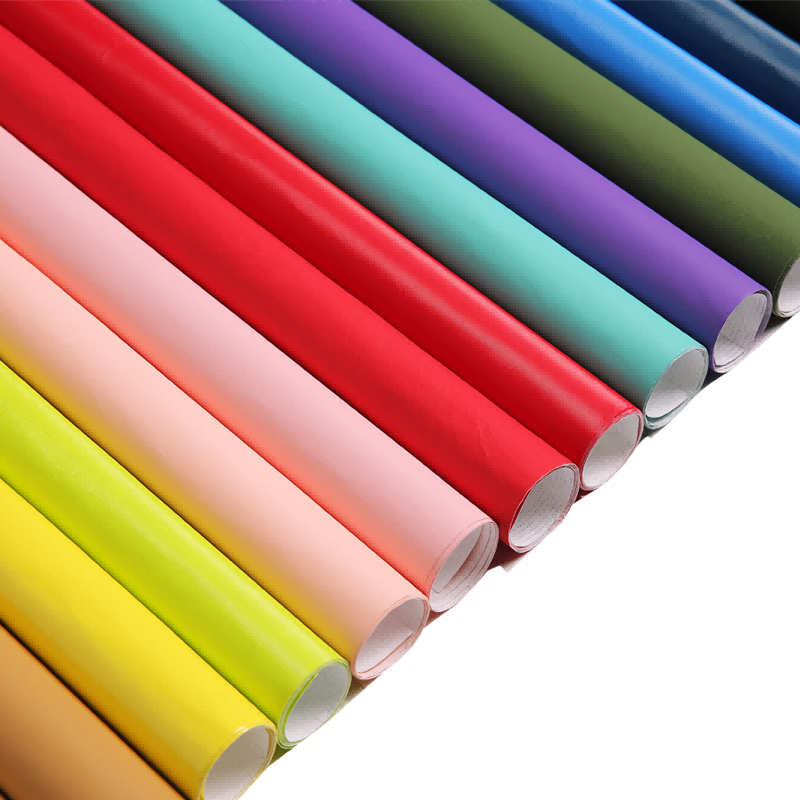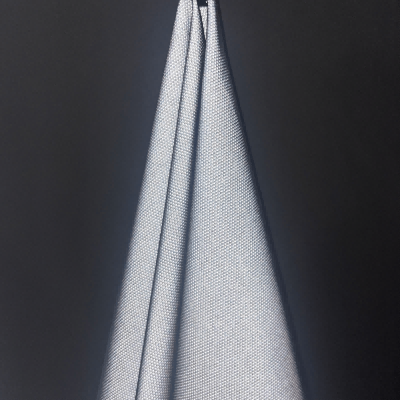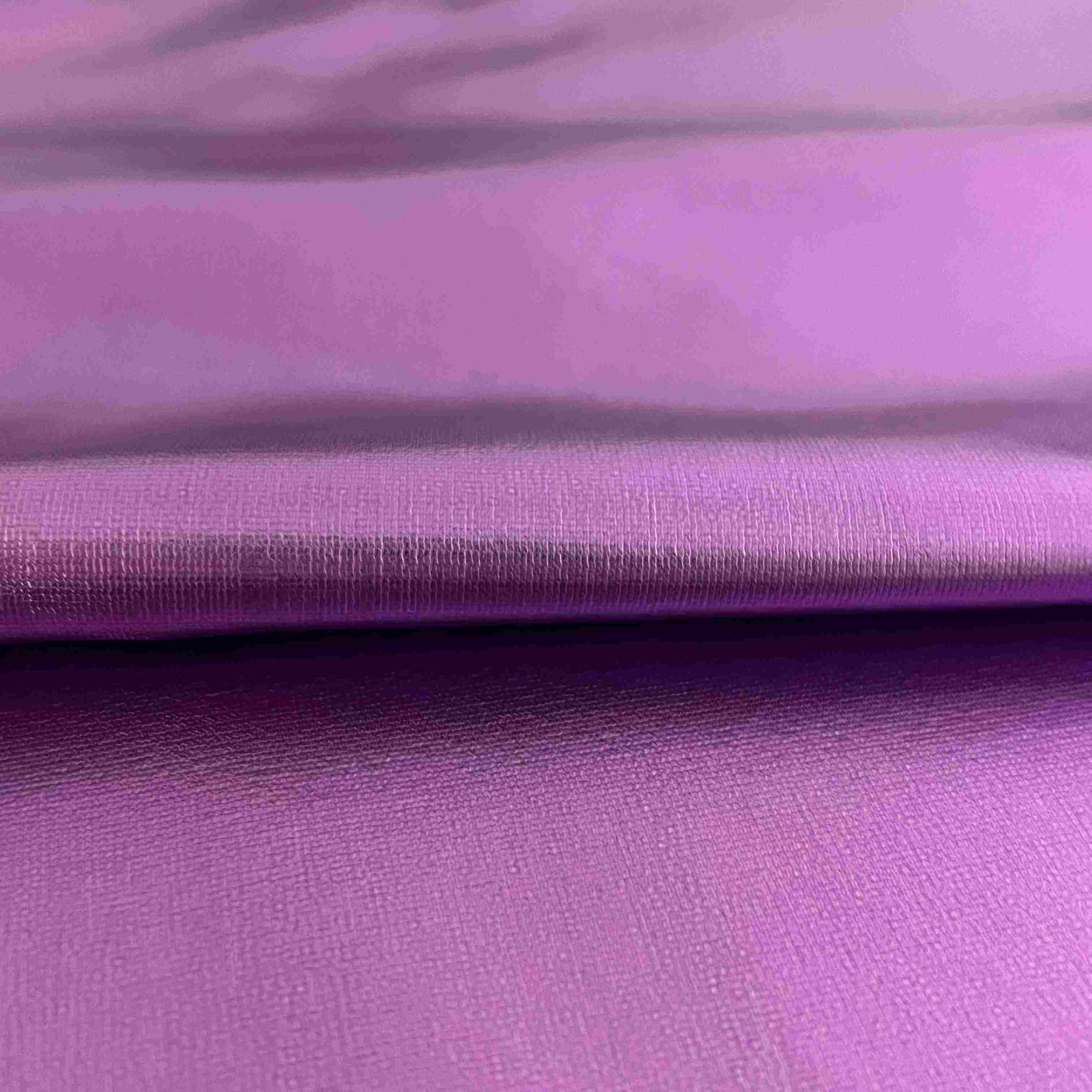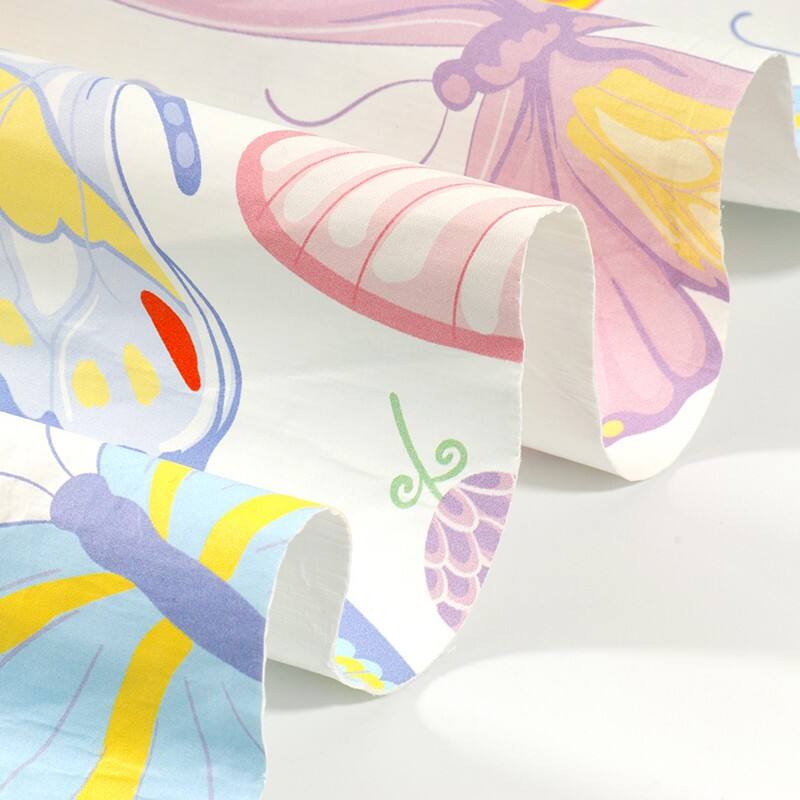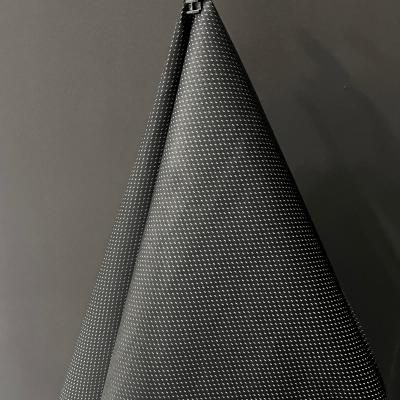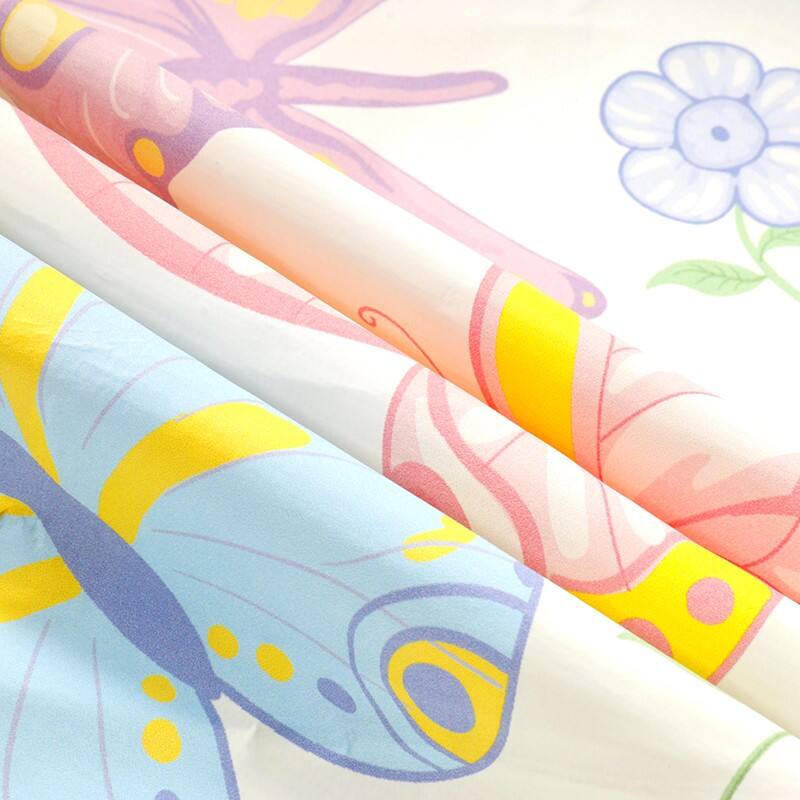disposable non woven fabric
Disposable non woven fabric represents a revolutionary material in the textile industry, engineered through a unique bonding process of synthetic fibers that creates a durable yet lightweight structure. This versatile material is manufactured by interlocking fibers through mechanical, thermal, or chemical processes, resulting in a fabric that combines strength with exceptional disposability. The fabric's distinctive structure allows for superior air permeability and liquid absorption while maintaining structural integrity. Its production involves advanced manufacturing techniques that ensure consistent quality and customizable properties, including varying degrees of softness, strength, and filtration capabilities. The material finds extensive applications across multiple industries, from medical and hygiene products to agricultural and industrial uses. In healthcare settings, it serves as a crucial component in surgical gowns, face masks, and sterilization wraps, offering essential protection against contaminants. The agricultural sector utilizes it for crop protection and soil stabilization, while industrial applications include filtration systems and protective clothing. The fabric's adaptability allows manufacturers to modify its properties to meet specific requirements, such as enhanced bacterial filtration efficiency or increased liquid resistance, making it an indispensable material in modern manufacturing and healthcare environments.
